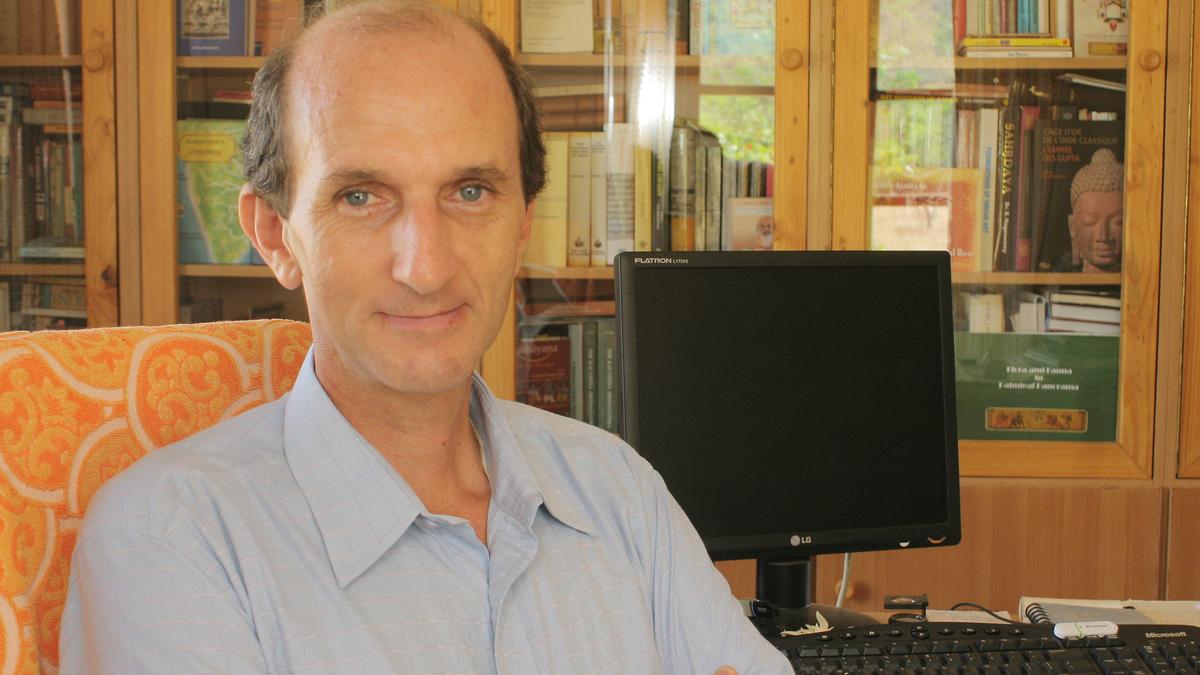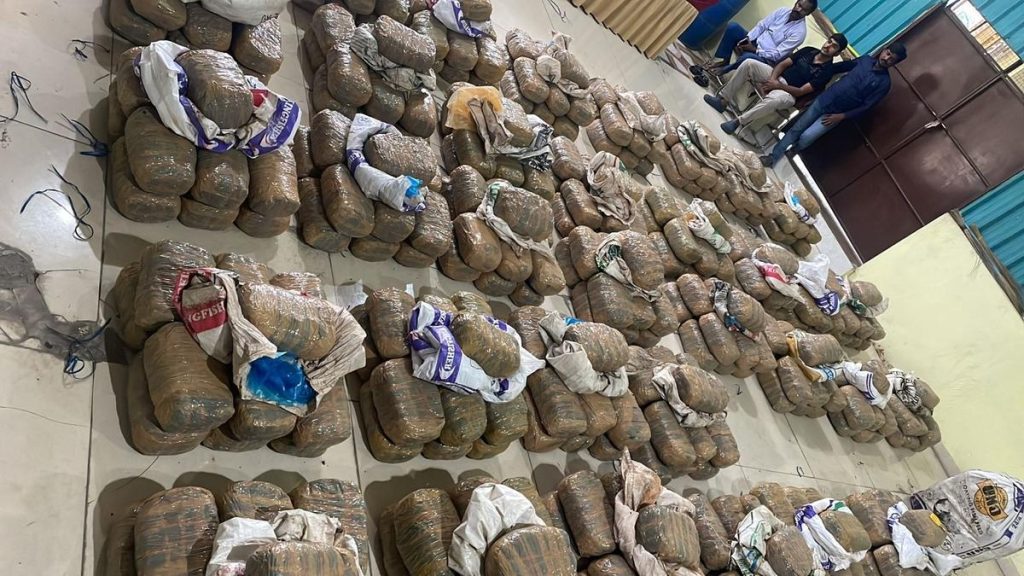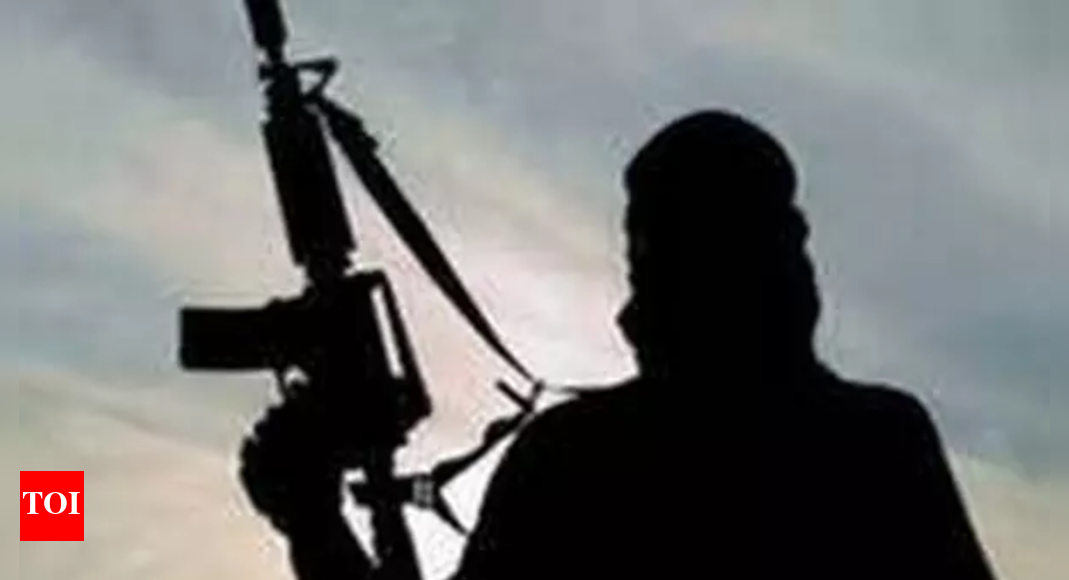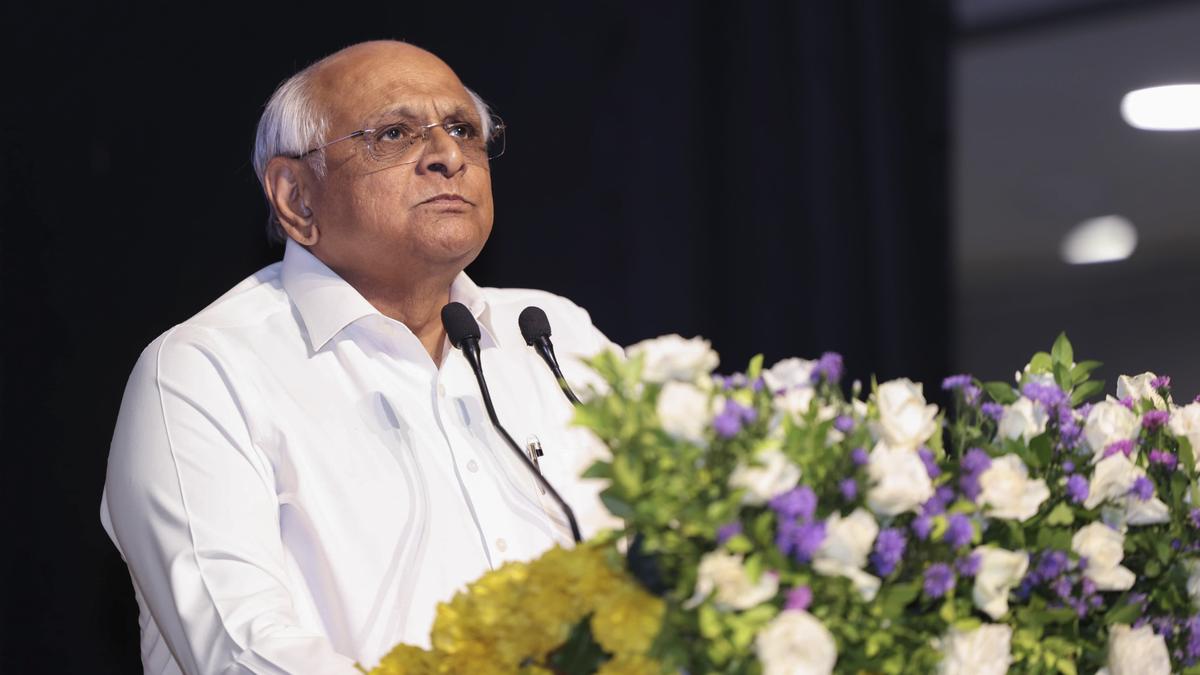Now Reading: Michel Danino: ‘Mughal Era Was Violent; Britain Overlooked Colonial Suffering
-
01
Michel Danino: ‘Mughal Era Was Violent; Britain Overlooked Colonial Suffering
Michel Danino: ‘Mughal Era Was Violent; Britain Overlooked Colonial Suffering

Quick Summary
- Michel Danino,guest professor at IIT Gandhinagar and involved in NCERT textbook advancement,discusses the creation of new middle school Social Science textbooks.
- Textbooks aim to reduce details load while preserving essential ancient concepts.
- Controversies focus on reframing depictions of the Mughals, colonial era, and representation of historical figures.
- The portrayal of Mughals is described as “a blend of brutality and tolerance,” with efforts to avoid whitewashing violent history or overburdening students with excessive details.
- A note titled “History’s Darker Periods” aims to prepare students for lessons on unpleasant events like famines and violence during medieval and colonial times.
- The textbook introduces the rise of Marathas prominently but excludes figures like Tipu Sultan or Raziyya Sultan in this segment. Women such as Hazrat Mahal are highlighted instead.
- Inclusion reflects evolving narratives; gaps may be filled in subsequent parts still under preparation.
- Questions about political influence on content were addressed, with Danino asserting zero interference during the textbook development process.
indian Opinion analysis
The redesigned textbooks signify a crucial attempt by Indian educators to balance historical truth with sensitivity for young learners. By acknowledging contentious subjects-like violence under Mughal rule or colonial-era suffering-and attempting nuanced portrayals, these revisions seek neither glorification nor erasure but a balanced narrative rooted in evidence. Such as, providing context for decisions-such as excluding Tipu Sultan mentions due to space constraints-illustrates their methodological reasoning rather than ideological bias.
On broader implications regarding textbook reform controversies: it is ideal that educational content emerges from objective scholarship rather than political currents. Michel Danino’s reassurance about independence from external pressures provides confidence in this effort’s integrity. Though, continued public scrutiny will remain essential for ensuring fairness across diverse perspectives within India’s pluralistic society.























